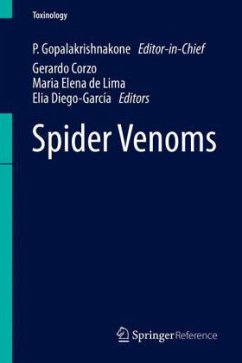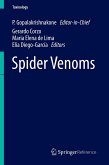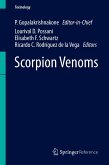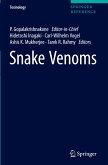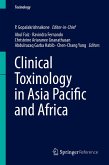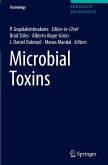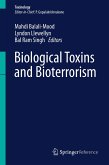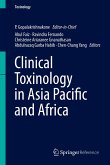This volume provides an overview of the biochemical characterization,
structure-function studies, proteomics, bioinformatics, molecular biology,
transcriptomics and genomics of various spider species. The book also covers
our current knowledge of venom components, toxins and their modes of action.
The first section of Spider Venom includes contributions regarding the
wide diversity of spider venom components and depicts some of their biological
effects (antimicrobial, ion channel modulators, insecticides, this includes
peptide and non-peptide toxins), and emphasizes spiders of public health
importance. The second section covers transcriptomes, proteomes (and
peptidomics), bioinformatics and molecular dynamics. The last section describes
antimicrobial, insecticidal toxins, envenomation and the medical potential of
spider venoms.
Spider venoms are a great and extensive source of bioactive compounds,
and as such form a boundless and bountiful area awaiting discovery. It is by
virtue of dedicated scientists that new toxins are discovered and that new
insights arise, leading the way towards the investigation of their
pharmacological effects, and hopefully, as a consequence, arriving at the
discovery of venom components as new drug candidates.
structure-function studies, proteomics, bioinformatics, molecular biology,
transcriptomics and genomics of various spider species. The book also covers
our current knowledge of venom components, toxins and their modes of action.
The first section of Spider Venom includes contributions regarding the
wide diversity of spider venom components and depicts some of their biological
effects (antimicrobial, ion channel modulators, insecticides, this includes
peptide and non-peptide toxins), and emphasizes spiders of public health
importance. The second section covers transcriptomes, proteomes (and
peptidomics), bioinformatics and molecular dynamics. The last section describes
antimicrobial, insecticidal toxins, envenomation and the medical potential of
spider venoms.
Spider venoms are a great and extensive source of bioactive compounds,
and as such form a boundless and bountiful area awaiting discovery. It is by
virtue of dedicated scientists that new toxins are discovered and that new
insights arise, leading the way towards the investigation of their
pharmacological effects, and hopefully, as a consequence, arriving at the
discovery of venom components as new drug candidates.

